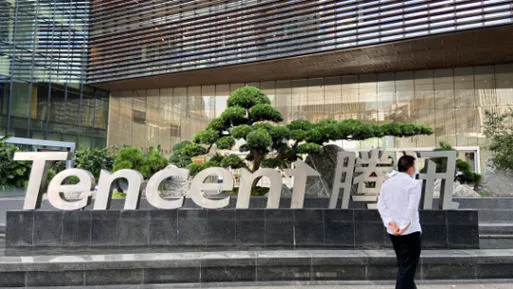The US has recently added several Chinese companies, including Tencent and CATL, to a list of firms linked to China’s military. This move serves as a warning to American businesses about the potential risks of working with these companies.
Although being placed on the list does not automatically result in a ban, it increases pressure on the US Treasury to consider sanctions. Notably, the Department of Defense (DoD) updates the Section 1260H list annually. It now includes 134 companies. This list is a crucial part of the US’s strategy to limit China’s military strength by restricting technology flow from its companies and research programs.
Tencent and CATL Deny Military Ties
In response, Tencent, the owner of WeChat, has firmly rejected the listing, stating, “We are not a military company or supplier. This listing has no impact on our business.” Similarly, CATL denied any military involvement, asserting, “We are not engaged in any military-related activities.” Both companies have criticized the US decision, calling it unjust and damaging to foreign business confidence in the US.
Pressure from Lawmakers and Strained Relations
Furthermore, the Pentagon faced significant pressure from US lawmakers to add these companies, especially CATL, to the list. This followed Ford’s announcement of a $2 billion investment to build a battery plant in Michigan using CATL’s technology. However, Ford did not immediately respond to requests for comment.
The announcement has come amid already tense US-China relations. In fact, President-elect Donald Trump, who has consistently taken a tough stance on Beijing, is set to return to the White House this month.
Legal Challenges and Market Impact
Additionally, DJI and Hesai Technologies, who were also added to the list, have filed lawsuits against the Pentagon. Despite their legal challenges, they remain on the list. In the aftermath of the recent announcement, Tencent’s shares dropped by 7%, while CATL’s fell by 4%.























